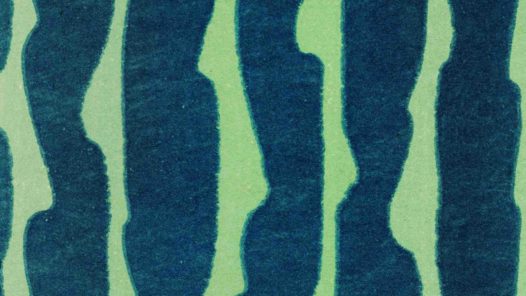Ever wonder what medieval England looked and sounded like? In Old English, the word hord meant “treasure” and your wordhord was the treasure of words locked up inside you. A delightful new book uses the language of that period to create...
In parts of the United States where Pennsylvania German is spoken, the term schussel means “to wiggle” or “to fidget.” The German word schusselig means “hasty,” “clumsy,” or “sloppy,” and...
Noah in Charleston, South Carolina, wonders about the origin of hangover, “the unpleasant physical results of drinking too much alcohol.” Does it come from the old penny hang, also called a hangover, a place where people without a place...
During introductory class at Sky Falconry in the mountains outside San Diego, California,, Martha learned the term feaking, the action of a hawk wiping its bill on something to sharpen or clean it. Feak may derive from an old German word meaning...
The verb greissel, also spelled greisle, means to “disgust,” “sicken” or “irritate,” as in That greissels me or I stayed greisseled about that for a long time. Greissel comes from a family of German words that...
The handy German neologism Impfneid literally means “vaccine envy.” It’s one of many German words coined during the COVID-19 pandemic. Neid in German means “envy” and Impf, meaning “vaccine,” derives from...







